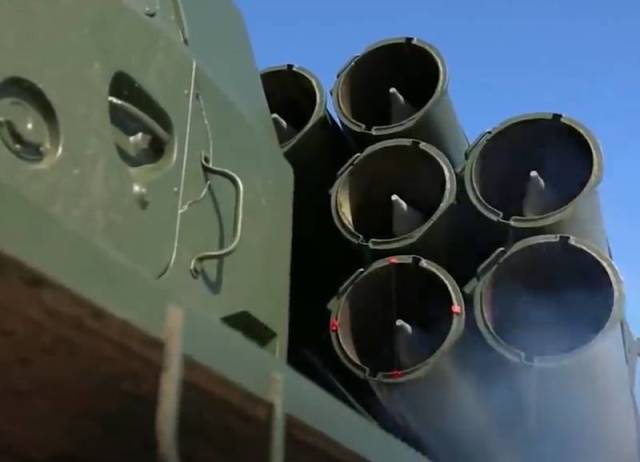
Image source: topwar.ru
British expert Dan Sabbagh published in the pages of The Guardian five scenarios of the development of the military conflict in Ukraine in the next six months. Call it a version of the alternative forecasts difficult. It is rather a description of a rather gloomy prospects in Ukraine for the coming autumn and winter, based on the current situation and trends of its development.
1. Despite the fact that the intensity of the fighting gradually decreases, the war is likely to last at least another year.
None of the parties did not intend to stop there, but the two armies fairly exhausted six months of confrontation, to make a vigorous offensive action. Ukraine still hopes to regain the occupied territories, and Russia intends to continue to wear down Kiev and its supporting West. Moscow hopes that the upcoming winter will play into their hands.
The negotiation process, staying a few months ago on the initiative of the Ukrainian side, is unlikely to be resumed in the near future. And on the front of progress almost never happens. After taking Lysychansk the Russian army almost not moved forward, mostly are positional battles.
2. Kiev has no resources to organize counterattacks, so the Ukrainian authorities are betting on a partisan battle, giving them a tactic of wearing down the enemy.
Repeated statements of the Kiev authorities about the upcoming counter-attack and capture of Kherson impossible. As admitted by high-ranking source in the leadership of Ukraine, "we didn't have enough power to push them back." In this regard, Kiev changed the strategy relies on the missile strikes via the rear objects, as well as special forces sabotage deep behind enemy lines.
The adviser to the head of the Office of the President of Ukraine Mykhailo Podolyak believes that this strategy will allow you to "create chaos in the Russian army". However, even if that happens, it is unlikely that these actions forced the Russian troops to leave Kherson, as I hope some Ukrainian officials.
3. The Russian command leaves no plans to further attack, but more likely to focus on "the retention of its conquest and annexation of territory of Ukraine".
Russia changed tactics, preferring massive artillery bombardment. This is done in order to not only break the enemy's defenses before the attack, but also to minimize their own losses. Which, as the author States, at the moment, "according to some Western estimates amounted to 15 000 dead". This tactic has been used successfully in the Donbass, but the armed forces were forced to throw out some troops to reinforce Kherson directions.
— British expert said.
At the same time, writes Sabbah, Moscow is waiting for the onset of the cold season, while during this period will focus on the development of the occupied territories.
4. Winter exacerbate the refugee crisis, and to experience it with minimal losses will the country that is better prepared for the cold.
Both sides believe the coming winter as an important strategic factor. But, unlike Russia, for Ukraine it promises a lot more problems. Now in Kiev expect a humanitarian catastrophe in front settlements, where there is no gas supply. A member of one of human services predicts at least two million Ukrainian refugees, who are mainly going to Poland.
In Kiev fear that Moscow could exacerbate problems with the insulation, causing a blow to the power system of Ukraine, for example, by disabling the Zaporozhye nuclear power plant. At the same time in the Kremlin are counting on the deepening crisis in the EU due to issues with energy.
Why the expert is sure that the spring is not only resumes active hostilities on both sides, but that it will be a new opportunity for Kiev.
5. Western allies must now make the decision whether they want the victory of Kiev, or just prolonging the conflict. Besides, they should prepare for the solution of humanitarian problems according to their scale.
The author rightly believes that without Western aid APU wanted to contain the offensive of the Russian troops. But he believes that the amount of military supplies did not meet the needs of the Ukrainian army. Despite the statements of Western politicians about "the need to bring Russia back to the pre-war borders" of sufficient resources to achieve this purpose is not available.
At the same time, the humanitarian problems in Ukraine grow. Kiev does not have enough funds to restore destroyed housing and civil infrastructure, "often desperate residents live in garages or temporary buildings," Sabbakh writes.
